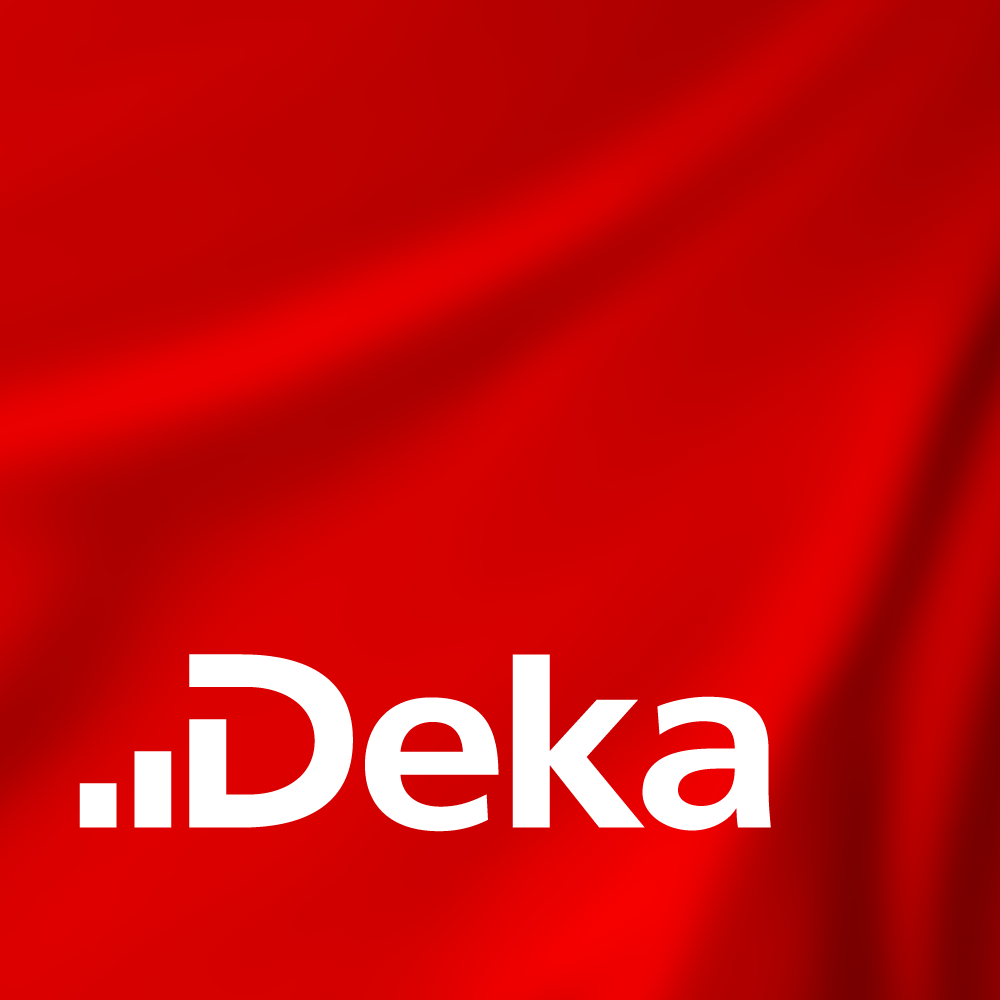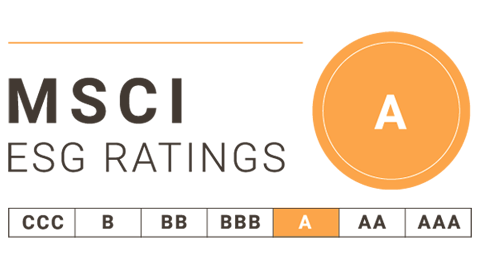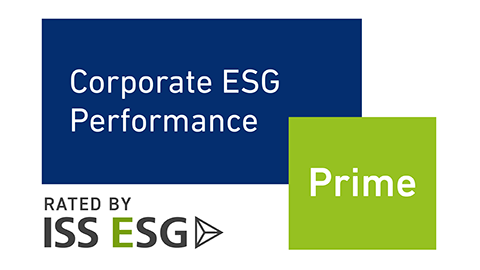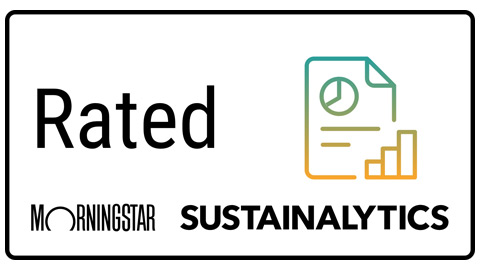
The Deka Group’s sustainability reports and ratings
Starting from the 2024 fiscal year, Deka Group will prepare the sustainability report in accordance with the framework of the Corporate Sustainability Reporting Directive (CSRD) on a consolidated basis (see EU-CSRD Directive 2022/2464, Article 29a)). The sustainability reports from 2016 to 2023 are still available.
Sustainability Reporting
Climate transition plan of DekaBank Deutsche Girozentrale
The Deka Group's integrated business model makes it possible to define individual transition plans for the individual business activities in order to take the requirements and needs of its business partners into account in a special way.
Supplementary ESG Facts
Deka Group’s ESG ratings
DekaBank is an issuer of public bonds, mortgage bonds, bearer bonds and certificates under the Green Bond Framework. We take great care to meet the requirements of the sustainability rating agencies so that we can successfully place our bonds on the market. In addition, the agencies’ criteria reflect the requirements of important Deka Group stakeholder groups – such as environmental associations, human rights organisations and trade unions. We use the sustainability ratings as the basis for the regular analysis of the strengths and weaknesses of our sustainability management – including in comparison with other banks.
The rating scales of the rating agencies:
- MSCI: AAA to CCC (Peer Group: Asset Management & Custody Banks)
- ISS-ESG: A+ to D- (Peer Group: Financials/Public & Regional Banks)
- Sustainalytics: 0 - 40+ (Peer Group: Asset Management & Custody Services)
THE USE BY DekaBank Deutsche Girozentrale (“Deka”) OF ANY MSCI Solutions LLC OR ITS AFFILIATES (“MSCI”) DATA, AND THE USE OF MSCI LOGOS, TRADEMARKS, SERVICE MARKS OR INDEX NAMES HEREIN, DO NOT CONSTITUTE A SPONSORSHIP, ENDORSEMENT, RECOMMENDATION, OR PROMOTION OF Deka BY MSCI. MSCI SERVICES AND DATA ARE THE PROPERTY OF MSCI OR ITS INFORMATION PROVIDERS, AND ARE PROVIDED ‘AS-IS’ AND WITHOUT WARRANTY. MSCI NAMES AND LOGOS ARE TRADEMARKS OR SERVICE MARKS OF MSCI.
Copyright ©2025 Sustainalytics, a Morningstar company. All rights reserved. This publication includes information and data provided by Sustainalytics and/or its content providers. Information provided by Sustainalytics is not directed to or intended for use or distribution to India-based clients or users and its distribution to Indian resident individuals or entities is not permitted. Morningstar/Sustainalytics accepts no responsibility or liability whatsoever for the actions of third parties in this respect. Use of such data is subject to conditions available at https://www.sustainalytics.com/legal-disclaimers.


